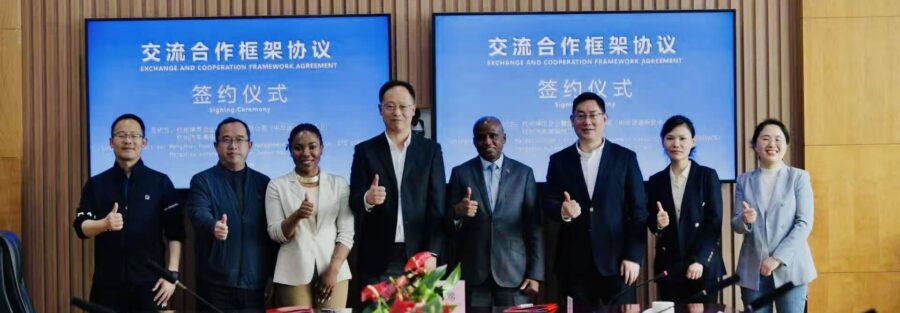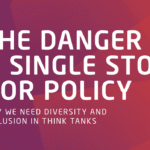Africa’s colonization by several European nations left the continent struggling with deep economic, social, and infrastructural imbalances. For decades, African countries faced challenges of underdevelopment, dependence, and limited access to global trade systems. However, the rise of China’s Belt and Road Initiative (BRI) has brought new opportunities that are reshaping the narrative of Africa’s development and its engagement with the global economy.
A New Chapter in Africa–China Relations
Launched in 2013, the Belt and Road Initiative seeks to enhance global connectivity through infrastructure development, trade, and people-to-people exchanges. Africa, with its vast potential and strategic position, has become a key partner in this initiative. The collaboration has not only strengthened diplomatic ties but also ushered in an era of shared growth and mutual understanding.
Infrastructure Development and Connectivity
One of the most visible impacts of the BRI in Africa is massive infrastructure transformation. From railways and highways to energy projects and ports, China has invested heavily in enhancing Africa’s connectivity.
- The Addis Ababa–Djibouti Railway, Mombasa–Nairobi Standard Gauge Railway, and new port projects in Tanzania and Nigeria are among the tangible symbols of progress.
- These projects have improved trade efficiency, reduced transportation costs, and created employment opportunities for local communities.
Such infrastructure has become the backbone of regional integration, helping African nations connect better with one another and with international markets.
Economic Growth and Investment
China’s engagement through the BRI has shifted Africa’s economic landscape. Trade between China and Africa has surpassed $250 billion annually, making China Africa’s largest trading partner.
Chinese investment has flowed into sectors such as manufacturing, agriculture, energy, and telecommunications, creating value chains that boost local industries.
Moreover, Chinese companies often engage in capacity-building, transferring technical skills and offering vocational training to local workers. This promotes sustainable growth and self-reliance, rather than dependency.
Cultural and Educational Exchange
Beyond infrastructure and trade, the BRI has fostered people-to-people connections. Through scholarship programs, exchange initiatives, and cultural partnerships, thousands of African students have studied in Chinese universities, learning skills that they bring back to strengthen their home countries.
Institutions like Confucius Institutes and Sino-African think tanks have deepened mutual understanding and helped dispel misconceptions between the two regions.
Challenges and the Way Forward
Despite its achievements, the BRI faces criticism related to debt sustainability, transparency, and environmental impact. However, many African leaders emphasize that the key lies in negotiating fair terms, ensuring accountability, and aligning projects with local needs.
When managed responsibly, the BRI remains a tool for empowerment rather than exploitation.
A Partnership Built on Shared Aspirations
The BRI embodies China’s vision of win-win cooperation—a partnership based not on domination, but on mutual respect and shared development goals. For Africa, it represents a chance to diversify its partnerships, reduce dependency on traditional powers, and accelerate its path toward industrialization.
Conclusion
The Belt and Road Initiative has become more than just a framework for infrastructure—it is a platform for strategic cooperation, cultural understanding, and sustainable development.
By bridging historical gaps and building modern connections, the BRI continues to transform the dynamics of Sino-African relations, proving that collaboration, when grounded in respect and shared purpose, can rewrite the story of development for generations to come.





